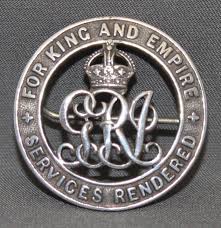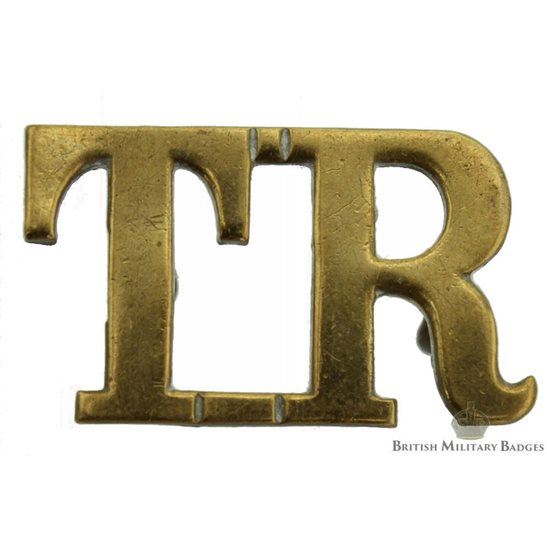Personal Details
Born: In 1859 in Whitchurch, Shropshire. He was also known as Simmons.
Family: He was the eldest of six children born to George Simmonds, an iron boat builder, and his wife Ann. He married Elizabeth Hurrrey on 11 April 1887 at St. Saviour’s Church, Smallthorne, Staffordshire and together they had nine children – Sarah A, William H, Harriett, Mary Elizabeth, Louisa, George, Florrie, Joseph and Arthur.
Residence: In 1871 he lived with his family in Etruria Vale, Shelton, Stoke upon Trent, Staffordshire. In 1881 he was serving in the military in Malta and by 1891 and now married, he lived in Chetwynd Street, Norton in the Moors, Leek, Staffordshire. In 1901 his address was 22 Chetwynd Street, Smallthorne and in 1911 33 Audley Street, Tunstall, Staffordshire. This was the address to which he was discharged in 1916 and his address at the time of his death.
Employment: In 1879 he was a labourer; he served in the military between 1879 and 1891 and was a railway labourer when he was discharged. In 1901 he was a locomotive engine driver and in 1911 a colliery labourer. When he re-enlisted in 1915 he stated his occupation as an engineer and when he was discharged in 1916 he was a colliery boiler stoker.
Died: 6 January 1917 in North Stafford Infirmary, Staffordshire, aged 59.
Military Details
Regiment: Training Reserve Corps (previously South Staffordshire Regiment)
Rank: Acting Lance Sergeant
Service Number: TR/5/32092 (previously 19828)
Date of Enlistment: 6 August 1915
Date of Discharge: 21 December 1916
Reason for Discharge: No longer physically fit for war service
Other Information: He served with the 38th Foot Regiment (number 1788) between 14 May 1879 and 13 May 1891 in Malta, Egypt and the UK.
William was awarded the Silver War badge (number 28300)

The Silver War Badge was issued in the United Kingdom and the British Empire to service personnel who had been honourably discharged due to wounds or sickness from military service in World War I. The badge, sometimes known as the "Discharge Badge", the "Wound Badge" or "Services Rendered Badge", was first issued in September 1916, along with an official certificate of entitlement.

